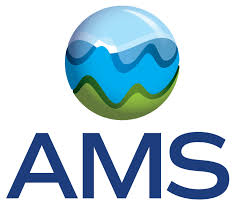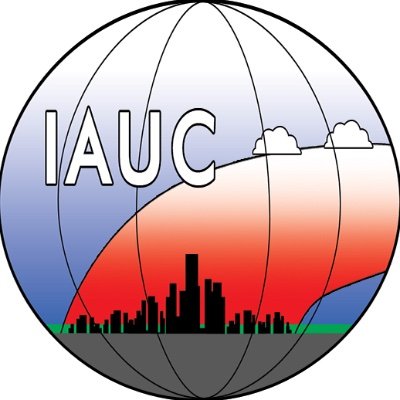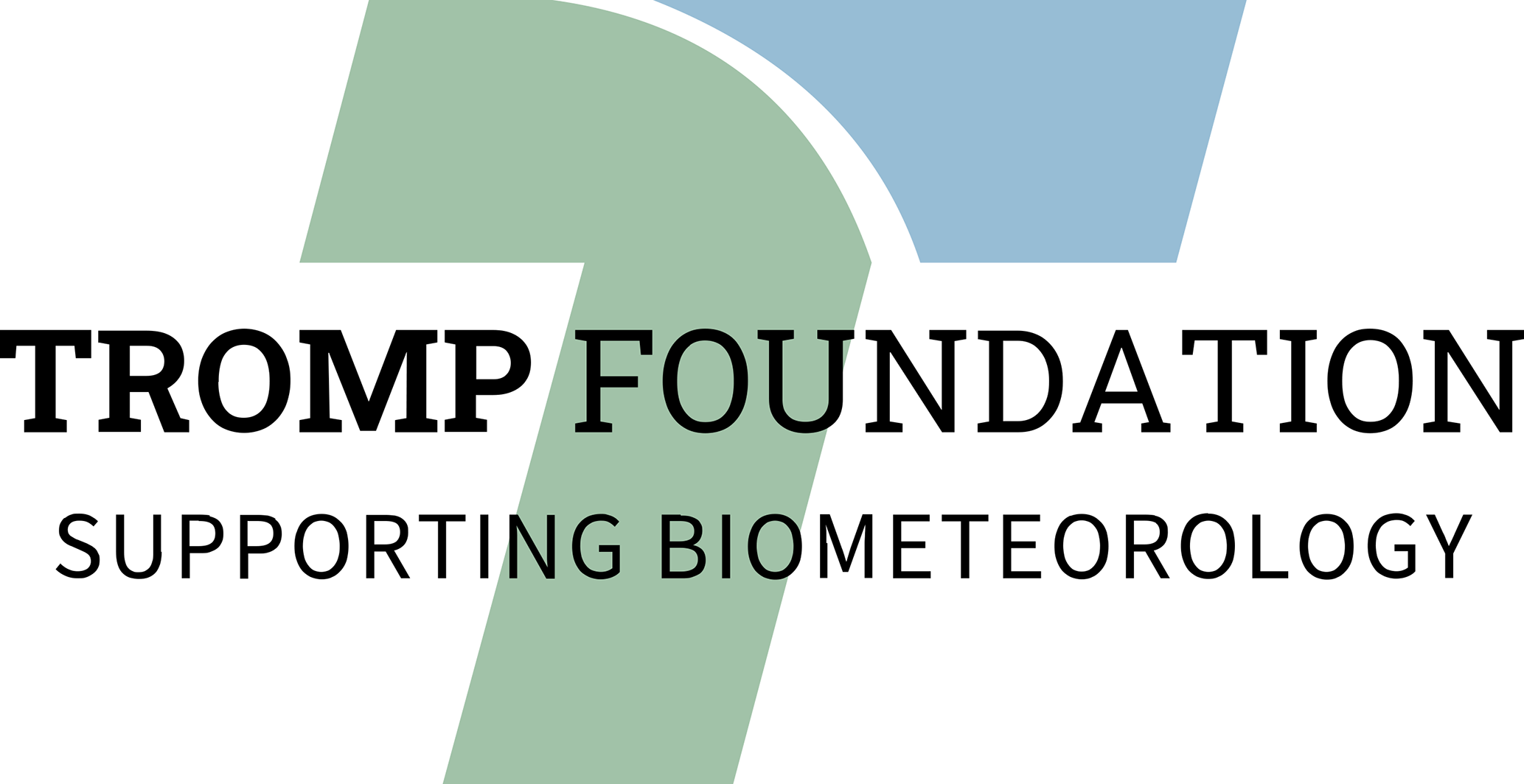Mesoscale modelling and climate change – Interactions between urban and regional climate processes
Conveners:
Peter Hoffmann,
Gaby Langendijk,
Tomas Halenka
|
Co-conveners:
Mathew Lipson,
Quang-Van Doan
We encourage submissions on novel modelling approaches, integration of urban data, and extreme weather event studies, with a particular interest in how urban areas influence regional climate under various climate change scenarios. Topics of interest can be urban impacts on regional weather systems, enhanced coupling between urban and mesoscale/regional climate models, simulation of extreme weather events (e.g., heatwaves, storms) in urban region, long-term urban climate projections at regional scale, etc.
11:00–11:15
|
ICUC12-722
|
Onsite presentation
11:15–11:30
|
ICUC12-614
|
Onsite presentation
11:30–11:45
|
ICUC12-908
|
Onsite presentation
11:45–12:00
|
ICUC12-951
|
Onsite presentation
12:00–12:15
|
ICUC12-1034
|
Onsite presentation
12:15–12:30
|
ICUC12-716
|
Onsite presentation
12:30–12:45
|
ICUC12-1028
|
Onsite presentation
12:45–13:00
|
ICUC12-1015
|
Online presentation
Lunch
Chairpersons: Peter Hoffmann, Tomas Halenka
14:00–14:15
|
ICUC12-411
|
Onsite presentation
14:15–14:30
|
ICUC12-1134
|
Onsite presentation
14:30–14:45
|
ICUC12-870
|
Onsite presentation
14:45–15:00
|
ICUC12-1003
|
Onsite presentation
15:00–15:15
|
ICUC12-755
|
Online presentation
15:15–15:30
|
ICUC12-621
|
Onsite presentation
Coffee break
Chairpersons: Mathew Lipson, Gaby Langendijk
16:00–16:15
|
ICUC12-261
|
Online presentation
16:15–16:30
|
ICUC12-889
|
Online presentation
16:30–16:45
|
ICUC12-508
|
Onsite presentation
16:45–17:00
|
ICUC12-153
|
Onsite presentation
09:00–09:15
|
ICUC12-861
|
Onsite presentation
09:15–09:30
|
ICUC12-627
|
Onsite presentation
09:30–09:45
|
ICUC12-348
|
Onsite presentation
09:45–10:00
|
ICUC12-591
|
Onsite presentation
10:00–10:15
|
ICUC12-1060
|
Online presentation
10:15–10:30
|
ICUC12-616
|
Onsite presentation
Coffee break
Chairpersons: Peter Hoffmann, Gaby Langendijk
11:00–11:15
|
ICUC12-155
|
Onsite presentation
11:15–11:30
|
ICUC12-342
|
Onsite presentation
11:30–11:45
|
ICUC12-819
|
Onsite presentation
11:45–12:00
|
ICUC12-824
|
Onsite presentation
12:00–12:15
|
ICUC12-226
|
Onsite presentation
12:15–12:30
|
ICUC12-695
|
Onsite presentation
12:30–12:45
|
ICUC12-808
|
Onsite presentation
12:45–13:00
|
ICUC12-834
|
Online presentation
Lunch
Chairpersons: Mathew Lipson, Tomas Halenka
14:00–14:15
|
ICUC12-33
|
Onsite presentation
14:15–14:30
|
ICUC12-709
|
Onsite presentation
14:45–15:00
|
ICUC12-917
|
Onsite presentation
15:00–15:15
|
ICUC12-932
|
Onsite presentation
E17
|
ICUC12-269
Extracting urban morphological data for surface energy budget analysis using 3D urban canopy parametrizations coupled with numerical weather prediction models
(withdrawn)




